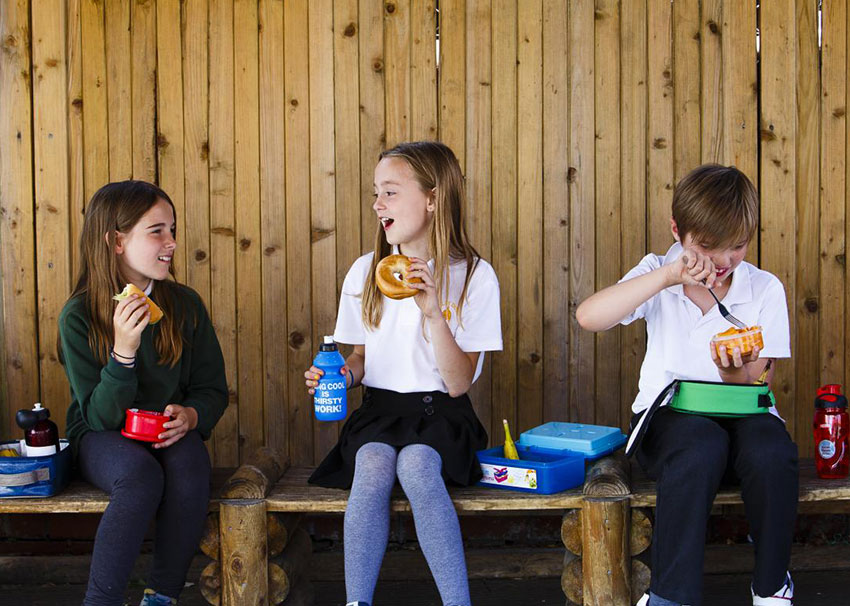Our 5 step plan might help:
1.Talk to everyone – it’s good to have the support of SLT, caretakers, cleaners, lunchtime assistants, students and staff.
2. Gather a keen group of students – a school council or eco-group can help.
3. Audit your food waste.
4. Make an action plan.
5. Check your plan is working (Monitor!).
School food is an important subject. Children spend over half of any year in school, which means that they need to be able to eat healthily when they are there.
Food waste is a major contributor to climate change, through the production of methane when it biodegrades. Up to one billion people worldwide don’t have enough food every day and yet in more developed countries we waste about 1/3 of all food produced. If all food waste was saved then we have the potential to save the carbon equivalent of taking one in five cars off the road. As educators we must make sure students know how to tackle food waste at home. It also makes sense to have similar recycling at school compared to at home, so children can learn the behaviours needed to be good citizens.
Most places in Devon now collect food waste from the kerbside. Exeter and Plymouth are the only places where children won’t have access to a food waste collection at home. Schools can ask their waste contractor (whoever is collecting their waste and recycling) to help them set up a food waste collection from school.
![]() Our web pages have lots of information about how food waste is recycled.
Our web pages have lots of information about how food waste is recycled.

